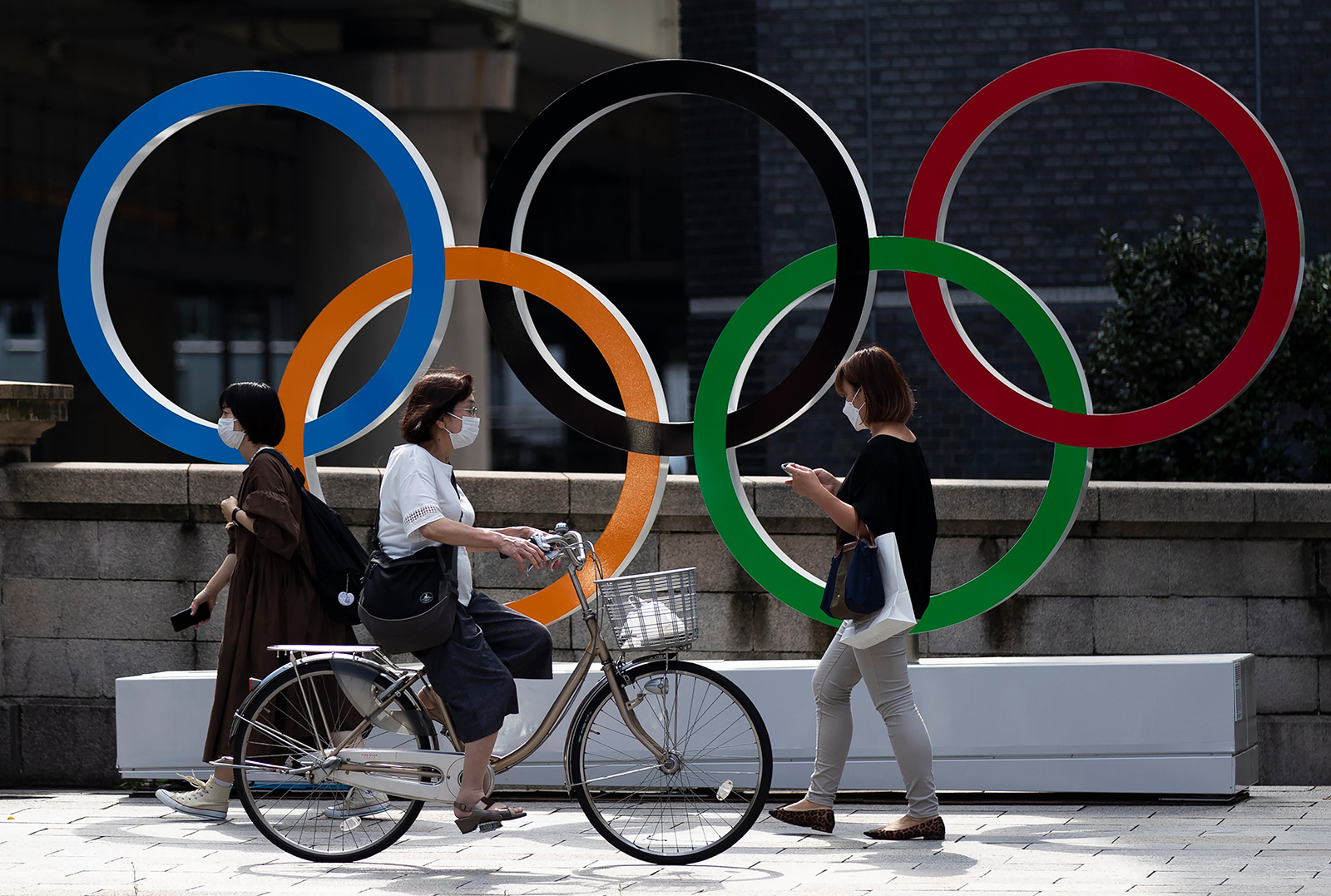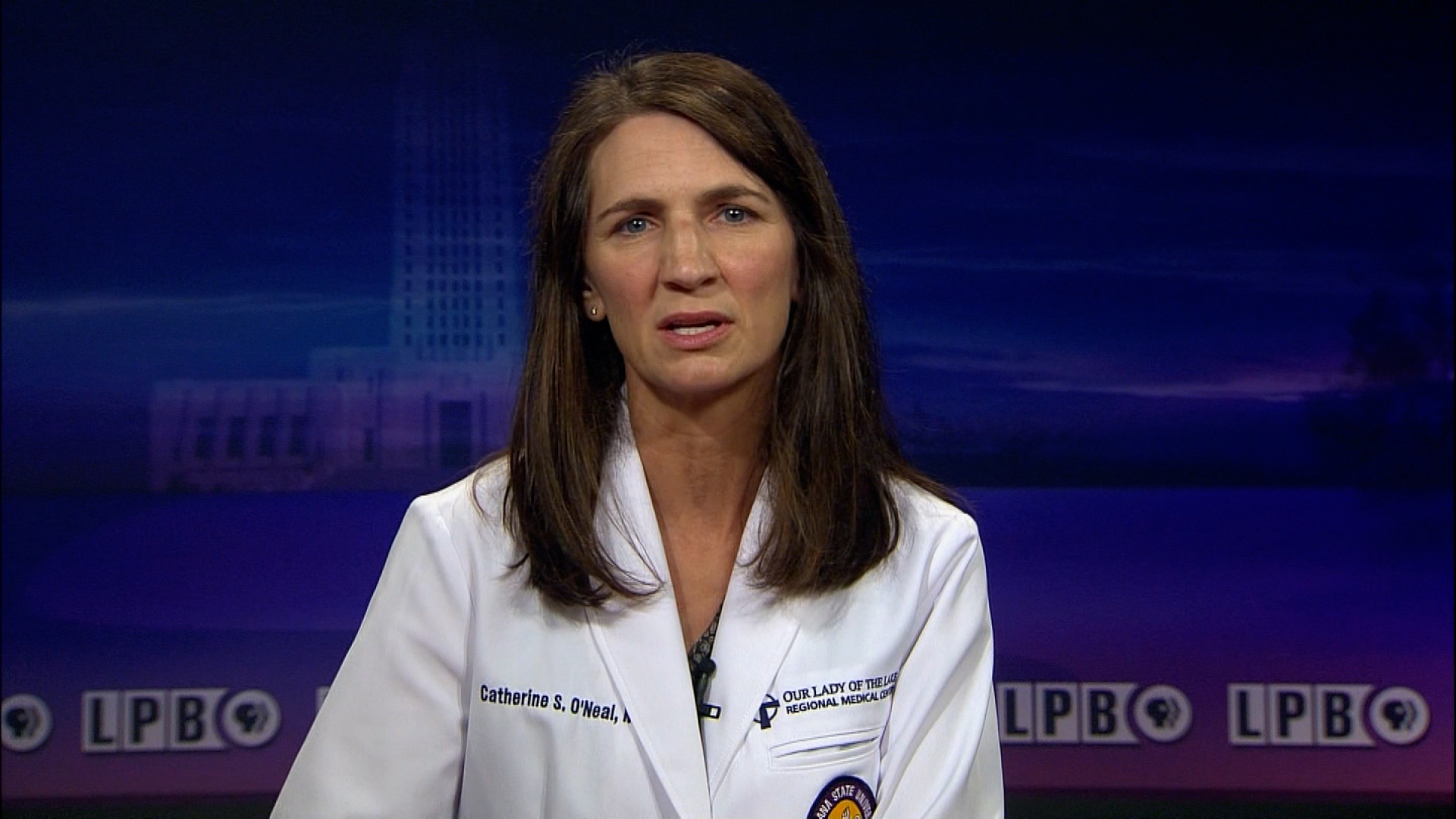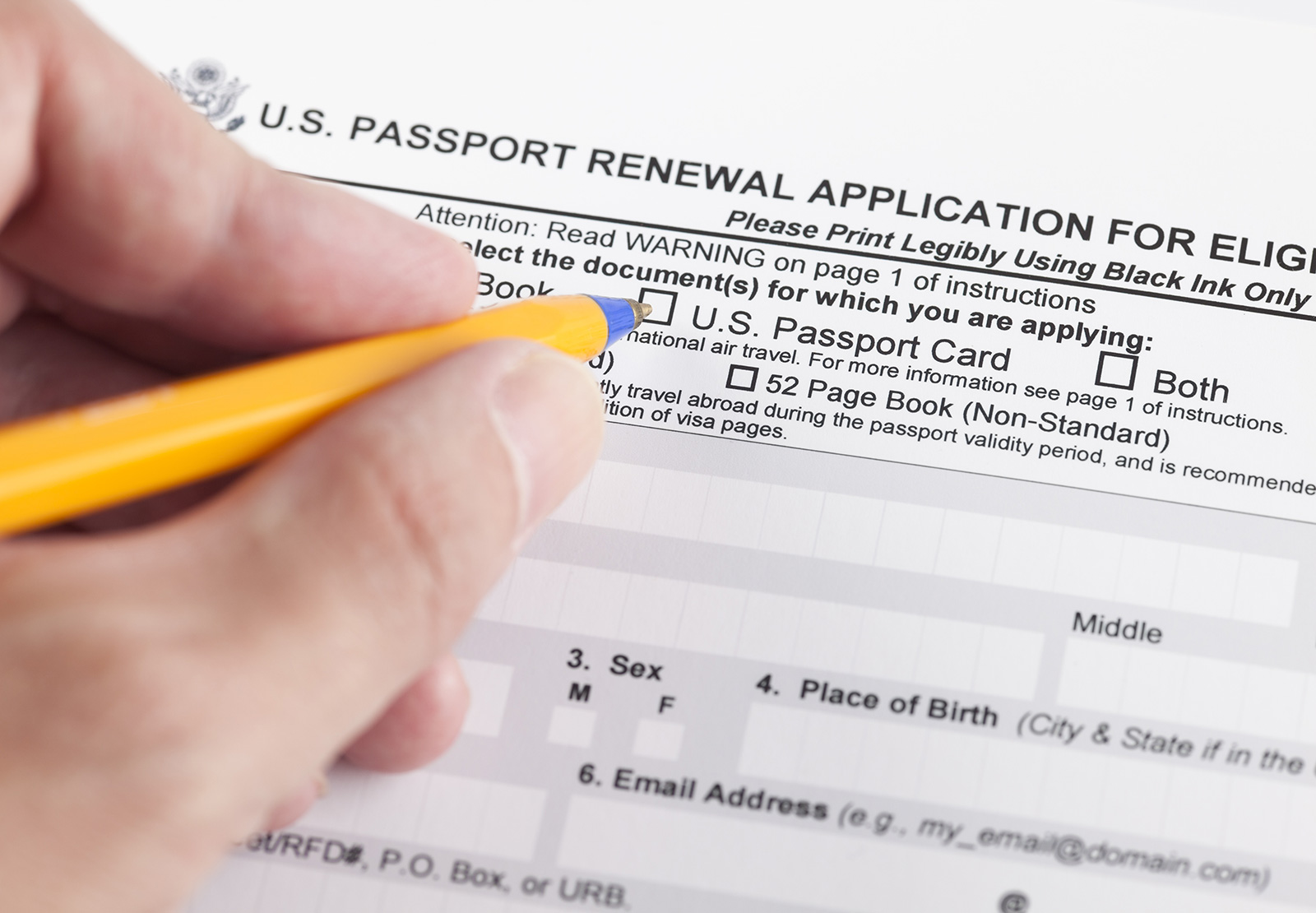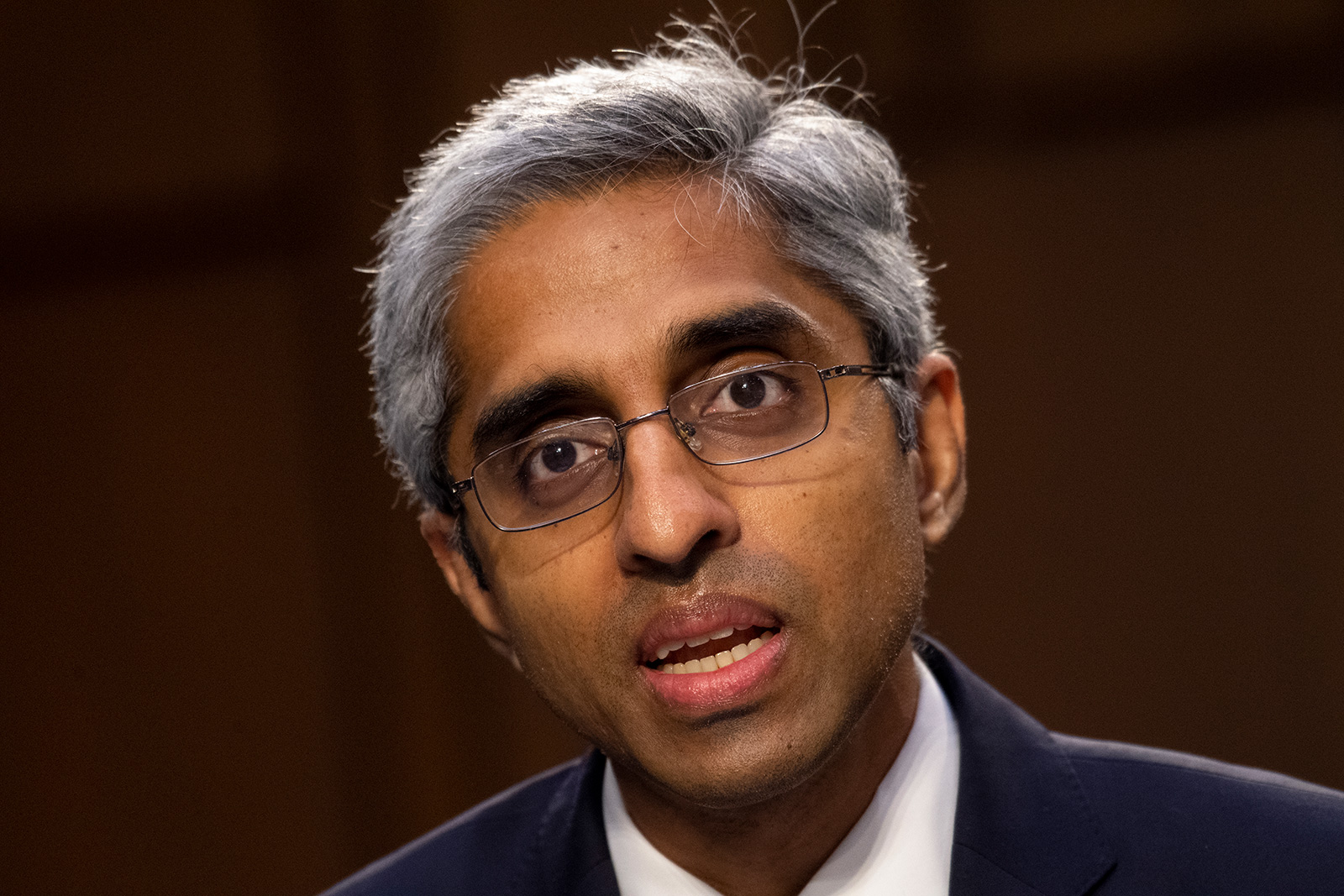
Experts say disinformation is largely to blame for unvaccinated Americans

Experts say disinformation is largely to blame for unvaccinated Americans
From CNN’s Alyssa Kraus and Madeline Holcombe
As the more transmissible Delta variant continues to spread and Covid-19 cases rise in the US, experts say the most effective way to stop the spread of the coronavirus is to vaccinate as many Americans as possible.
In 47 states, the rate of new cases in the past week are at least 10% higher than the previous week, according to data from Johns Hopkins University. Of those, 35 have seen increases of over 50%.
However, only 48.2% of the country is fully vaccinated, according to the US Centers for Disease Control and Prevention. Not to mention, the rate of new vaccinations is on the decline.
The reason for this, experts say, all boils down to disinformation.
As misleading information spreads, unvaccinated Americans are now seeing the largest impact of the pandemic.
“This is not just a matter of people expressing opinions that might be wrong, this is life and death,” said Dr. Francis Collins, director of the National Institutes of Health.
Data now shows that over 99% of people currently hospitalized with Covid-19 are unvaccinated, Collins said. Therefore, those who are vaccinated have enough protection to prevent getting severely ill.
According to Collins, the data speaks for itself, proving that vaccines are effective.
“Why are we waiting folks? Let’s roll up our sleeves if we haven’t already done so,” he said.
Catch up: How Covid-19 is impacting the Tokyo 2020 Olympics

The 2020 Olympic Games, which were delayed a year due to the coronavirus pandemic, are kicking off next Friday in Tokyo. As the Games approach, vaccine rates have remained relatively low in Japan and daily cases have begun to spike in Tokyo.
Here’s everything you need to know ahead of next week’s Games:
Olympic medal ceremony: The Olympic medal ceremony is undergoing several changes in order to prevent the spread of Covid-19. According to the International Olympic Committee, some changes include mandatory masks for all participants and a modified podium with additional modules between medalists to allow for social distancing. There will also be no contact between participants and no group photo on the podium.
Spectators: Tokyo venues for the Olympics will no longer allow spectators, according to the Japanese Olympic Committee. This decision was made after Tokyo declared a coronavirus state of emergency from July 12 to August 22, a period which covers the 16-day Games. Tokyo 2020 chief Seiko Hashimoto said due to the pandemic, organizers have “no choice but to hold the Games in a limited way.”
Covid-19 cases: Tokyo reported 1,308 new Covid-19 cases today, the second straight day with cases over 1,000. Daily cases have been increasing weekly for the past 26 days, according to public broadcaster NHK, and recent numbers are some of the highest reported in half a year. According to Yasutoshi Nishimura, the minister in charge of the country’s pandemic response, the more infectious Delta variant now accounts for up to 30% of cases.
Vaccines: Japan has lagged behind Western countries in rolling out vaccines. Just less than 20% of Japan’s population is fully vaccinated in comparison to nearly 48% of US citizens and almost 52% of people in the United Kingdom, according to CNN’s global vaccine tracker.
CNN’s Alyssa Kraus, Aleks Klosok, Junko Ogura, Chie Kobayashi and Nectar Gan contributed to this report.
WHO: Covid-19 is still a public health emergency of international concern
From CNN’s Naomi Thomas
Tedros Adhanom Ghebreyesus, director general of the World Health Organization, said that the Covid-19 pandemic is still a public health emergency of international concern, in a WHO statement released Thursday.
This determination came after the eighth meeting of the International Health Regulations Emergency Committee regarding the pandemic, which happened on Wednesday.
“The Committee unanimously agreed that the COVID-19 pandemic still constitutes an extraordinary event that continues to adversely affect the health of populations around the world, poses a risk of international spread and interference with international traffic, and requires a coordinated international response. As such, the Committee concurred that the COVID-19 pandemic remains a public health emergency of international concern (PHEIC) and offered the following advice to the Director-General,” the WHO statement said.
“The Director-General determined that the COVID-19 pandemic continues to constitute a PHEIC. He accepted the advice of the Committee to WHO and issued the Committee’s advice to States Parties as Temporary Recommendations under the IHR.
Speaking about the Committee meeting during a news briefing in Geneva on Thursday, Tedros said “the committee has expressed concern that the pandemic is being mischaracterized as coming to an end when it’s nowhere near finished. It has also warned about the strong likelihood for the emergence and global spread of new and possibly more dangerous variants of concern that may be even more challenging to control.”
The Committee also “expressed deep concern” about the level of funding for WHO’s Strategic Preparedness and Response Plan for Covid-19, Tedros said, which constrains the ability of WHO to coordinate the global pandemic response, “particularly in terms of having the flexibility we need to move at the speed this virus moves.”
The advice of the committee to WHO included recommendations such as continuing to work with States Parties to implement public health social measures to control transmission; continuing to advocate for equitable vaccine access and distribution; expediting the work to establish means for documenting Covid-19 status of travelers; continuing to strengthen the global monitoring and assessment framework for variants; strengthening communication strategies at all levels and collecting information from State Parties on the uptake and progress in implementing temporary recommendations.
The committee’s temporary recommendations to States Parties include continuing evidence-informed use of public health social measures; implementing a risk-management approach for mass gathering events; achieving at least 10% of all countries populations vaccinated by September; enhancing surveillance of the virus and report to WHO; improving access to and administration of WHO recommended therapeutics; continuing a risk based approach to facilitate international travel and share information with WHO; no requiring proof of vaccination for international travel; recognizing all vaccines that have receive WHO emergency use listing and addressing community engagement and communication gaps at national and local levels.
“We are having a wintertime season in the summer,” Louisiana doctor says about Covid-19 rise
From CNN’s Adrienne Vogt

A Louisiana hospital medical officer said it is “disheartening” to see “a surge happening again when we really have made [Covid-19] a preventible disease.”
Dr. Catherine O’Neal, chief medical officer at Our Lady of the Lake Regional Medical Center in Baton Rogue, said that the current rise in cases that her hospital is seeing is different from other spikes in a few ways.
“Because we dropped our masking and our mitigation, we are having a wintertime season in the summer,” she said.
“The cases are younger. They’re largely unvaccinated, almost predominantly unvaccinated. And also people who made this choice. … They have the knowledge in their hand, but they choose not to take the life raft that we’ve been throwing at them,” she told CNN’s Poppy Harlow and Jim Sciutto.
One of the five largest under-vaccinated clusters is in Louisiana.
O’Neal said she has conversations with patients about getting vaccinated.
“We have a lot of conversations about risk, about what it means for you, about what it means for the community. And in the end … do you want to see a lot more death or do you want an end to the pandemic? Because the choice for vaccination right now … really boils down to those two things: Either a lot more people will die because everybody is going to get this or we’ll end the pandemic through vaccination,” she said. “And which side of that do you want to be on? And how do you want to contribute to this process? And I hope we make the right choice.”
Cuba reports a record number of Covid-19 deaths for second day in a row
From CNN’s Patrick Oppmann and Larry Register
Cuba reported a record 67 Covid-19 related deaths on Thursday, according to the country’s health ministry.
The death toll in Cuba since the start of the pandemic is 1,726.
Additionally, the island nation added 6,749 new cases of coronavirus, bringing the total number of cases to 263,356.
Cuba has seen the number of cases and deaths spike in recent weeks after controlling the infection rate for much of the pandemic.
Many Cubans have been critical of the governments Covid-19 response and the deep economic toll the pandemic has had on the country.
Late Wednesday, the Cuban government announced it will lift restrictions on travelers bringing in food, medicines and hygiene products and custom duties on these products will not need to be paid.
The announcement comes days after island-wide protests have occurred driven in part by chronic shortages in stores and the impact Covid-19 is having on the country.
The measure will stay in place for the rest of the year.
South Africa’s Olympic Rugby team is quarantining in Tokyo
From CNN’s Carly Walsh
South Africa’s Olympic Rugby Sevens team is isolating in Tokyo after a passenger on their incoming flight to Japan tested positive for coronavirus, according to a statement on the SA Rugby website.
The team’s players and management tested negative upon arrival but their onward travel to a training camp has been delayed.
Springbok Sevens coach Neil Powell told Springboks.Rugby that adaptability will be key to the Olympics.
“We took a knock, but I can say the players took in their stride. We can only control the controllable, so we remain positive. We will still have a training session while we wait for clearance, the only difference is it will be via Zoom call with the players in their rooms,” Powell said.
A decision on further travel is expected after results are in from the team’s test on Thursday.
The massive backlog of US passport applications is largely due to Covid-19, official says
From CNN’s Jennifer Hansler and Alyssa Kraus

The State Department is grappling with a massive backlog of more than a million US passport applications, a problem largely caused by the coronavirus pandemic, a department official said.
Deputy Assistant Secretary for Passport Services Rachel Arndt said the backlog of passport applications is “currently is somewhere in the range of a million and a half to 2 million applications.”
“Currently, our wait time for both new and renewal routine passport applications can be up to 18 weeks, and that includes our processing time, the initial internal intake of the applications, and mailing,” Arndt said.
Those who submit new passport applications now may not receive their passport “until well into the fall,” she said.
The backlog is unusually high, and the “workload started coming in faster” as vaccination availability increased, Arndt said.
Arndt attributed many of the delays in passport processing to the coronavirus pandemic, noting that “the pandemic’s disruptions continue to have a ripple effect on all steps of the passport process, including the amount of time it currently takes us to process a passport application.”
You can read more about the backlog here.
Why the Delta variant may be more transmissible
From CNN’s Michael Nedelman
The Delta variant might spread faster than other strains of the coronavirus because it makes more copies of itself inside our bodies quicker than other strains of the coronavirus.
In research posted online last week, Chinese scientists detected Delta viral loads that were about 1,260 times higher than earlier strains on initial positive tests. They compared 62 Delta cases with 63 cases from the early epidemic wave in 2020.
Moreover, the amount of time it took quarantined people to test positive for Covid-19 on PCR also shortened – from about six days with the earlier infections to four days with Delta.
“These data highlight that the Delta variant could be more infectious during the early stage of the infection,” the researchers wrote.
Some context: Delta outbreaks in China have prompted some local governments to shorten the window for a negative test in order to travel from 72 hours to 48 hours.
According to Public Health England, a number of analyses have shown Delta to be more transmissible, including lab studies that suggest “increased replication in biological systems that model human airway, and evidence of optimized furin cleavage” – a process that activates the virus’ entry into the human cell. The variant has also been observed to spread faster in real-world epidemiological studies.
According to the World Health Organization, Delta is estimated to spread roughly 55% faster than the Alpha variant first identified in the UK, and roughly twice as fast as variants that do not rise to the level of “interest” or “concern.”
US surgeon general warns of dangers of misinformation amid misleading vaccine claims
From CNN’s Kaitlan Collins

US Surgeon General Dr. Vivek Murthy is warning in a new advisory that health misinformation is “a serious threat to public health,” as administration officials grow increasingly concerned about misleading claims about coronavirus vaccines.
“I am urging all Americans to help slow the spread of health misinformation during the COVID-19 pandemic and beyond,” Murthy writes in the 22-page advisory. “Health misinformation is a serious threat to public health. It can cause confusion, sow mistrust, harm people’s health, and undermine public health efforts. Limiting the spread of health misinformation is a moral and civic imperative that will require a whole-of-society effort.”
Murthy is scheduled to appear at Thursday’s White House press briefing at 12:30 p.m. ET to discuss the advisory.
Here are some key things Murthy outlines in the advisory:
- He warns that “misinformation has caused confusion and led people to decline COVID-19 vaccines, reject public health measures such as masking and physical distancing, and use unproven treatments.” The advisory does not only apply to the Covid-19 pandemic, but was prompted by it, according to an administration official.
- Murthy also notes that misinformation “has also led to harassment of and violence against public health workers, health professionals, airline staff, and other frontline workers tasked with communicating evolving public health measures.”
- Murthy notes there is a historical context to his warning, referencing how false beliefs that the measles, mumps and rubella vaccine caused autism have caused vaccine levels to drop, and the denial that HIV causes AIDS reduced access to treatment in the past.
- He also highlights how the “rapidly changing information environment” — social media platforms and new publications — has made it easier for misinformation to spread, citing a study that false news stories “were 70 percent more likely to be shared on social media than true stories.”
- The advisory lays out recommendations for families, health professionals, researchers, educators, media, funders, government and technology platforms, and urges individuals to take responsibility to limit the spread of misinformation. “Before posting or sharing an item on social media, for example, we can take a moment to verify whether the information is accurate and whether the original source is trustworthy,” it says. “If we’re not sure, we can choose not to share.”
As CNN reported, the White House is preparing to push back more aggressively on vaccine disinformation as vaccinations have dropped. This advisory is not part of that effort but will be used by officials as they call attention to the dangers of vaccine misinformation, according to an official.
Source: http://rss.cnn.com/~r/rss/cnn_topstories/~3/SXlcNUchZBk/h_fd7f285c2959a42cdc925329d9629789

















